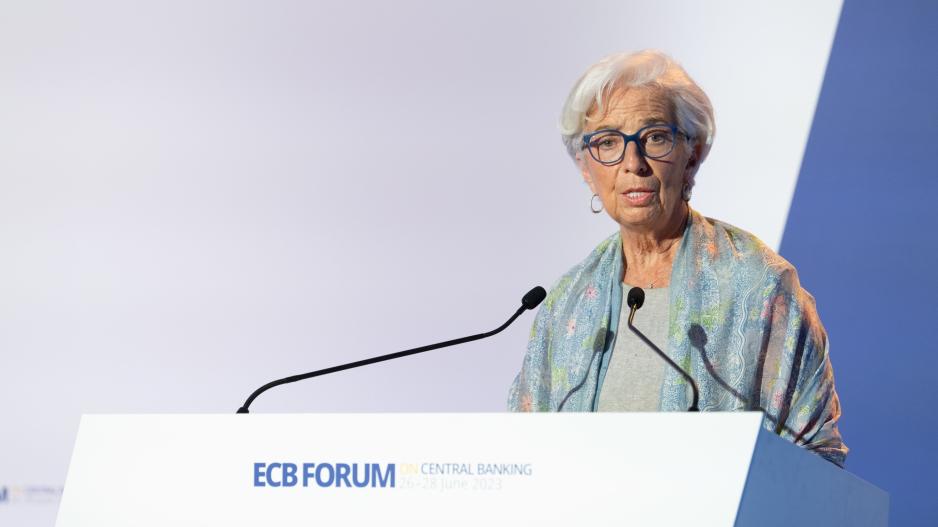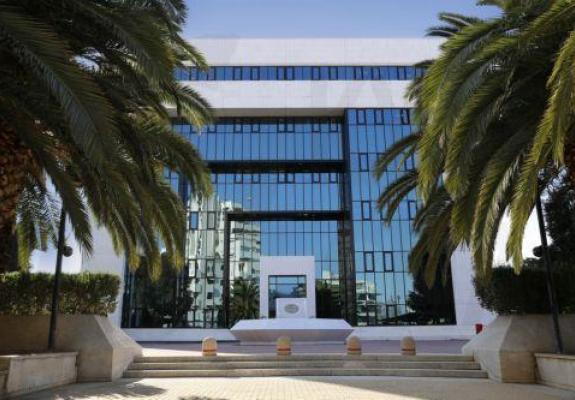ECB President Signals Continued Interest Rate Increases to Combat Inflation
The European Central Bank (ECB) announced that it will continue to raise interest rates in its upcoming July meeting as part of its efforts to tackle inflation within the Eurozone. ECB President Christine Lagarde made this statement during a forum held in Sintra, Portugal.
Lagarde emphasized that the work of the ECB is far from over, and unless there are significant changes in their projections, interest rates will continue to rise in July. She acknowledged that it is unlikely for the central bank to confidently declare that interest rates have reached their peak in the near future.
Highlighting the contents of her speech, Lagarde noted that inflation in the Eurozone is currently at a significantly high level and is expected to remain elevated for an extended period. However, she also pointed out that the nature of the inflation challenge is evolving.
Lagarde explained that they are observing a slowdown in the inflation rate as the initial factors driving its increase gradually diminish. The measures implemented by the ECB in their monetary policy are beginning to have an impact on the economy. Nonetheless, the process of transmitting these effects is still ongoing, resulting in a slower decrease in inflation and a more persistent inflationary environment.
She further clarified that this persistence in inflation is due to the fact that it gradually permeates the economy as different economic factors attempt to pass on costs to one another. Lagarde admitted that although the ECB had previously anticipated this situation, they have revised their assessment as new data emerges.

Lagarde underscored the two key objectives of the ECB's monetary policy. The first objective is to maintain stable inflation expectations as wage growth unfolds. While there is currently no observable wage-price spiral or a weakening of expectations, Lagarde stressed that the longer inflation remains above the target, the greater the associated risks become. Therefore, it is crucial to promptly bring inflation back in line with the ECB's medium-term target of 2%.
The second objective, according to Lagarde, is to ensure that businesses absorb the rising labor costs within their profit margins. By implementing an adequately restrictive monetary policy, the economy can achieve overall disinflation, with real wages recovering a portion of their previous losses.
Lagarde acknowledged that achieving these objectives depends on the ECB's policy actions, which should curb demand for a certain period to prevent businesses from continuing recent pricing behaviors. This approach is necessary to maintain stability and support the ECB's goals.






